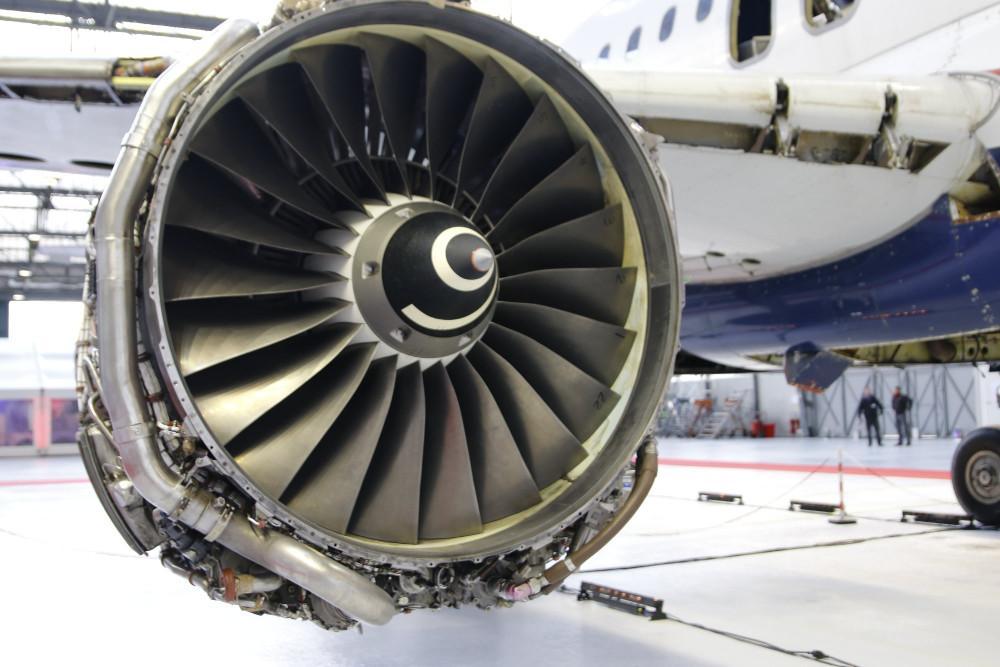
With shop visits for established narrowbody engines expected to peak in two years' time, MROs are continuing to grapple with rising costs related to OEM and used serviceable material parts and capacity constraints that have disrupted the traditional dynamics of the market.
At Aviation Week’s Engine Leasing Trading & Finance (ELTF) conference in London, the majority of the audience, consisting of industry professionals and experts, felt that the peak time for CFM-5B/-7B and V2500 shop visits would be 2025.
More than half of respondents in an audience poll (59%) said two years' time would be the peak for narrowbody engines, with 22% believing the peak will occur beyond 2025, while 20% feel this will happen next year.
“That is the CFM position right now for -5B and -7B,” says Dave Chriske, vice president, head of engine trading and leasing at CFM Materials. In the near-term, Chriske predicts: “There will be slightly over 2,000 shop visits for CFM56-5B and -7B engines this year.”
Narrowbody engines, including CFM International’s CFM 56 -7B/-5B and IAE's V2500, are expected to dominate the engine maintenance market for shop visits.
According to Aviation Week’s 2023 Fleet & MRO Forecast, the CFM56-7B engine type will see the highest shop visits over the next decade, with approximately 5,238 shop visits. CFM56-5B and V2500-A5 engine variants account for 4,142 shop visits and 2,748 shop visits, respectively.
Over the next 10 years, there will be a total of 19,904 shop visits related to engine overhauls and 6,270 related to engine life-limited parts services in Europe, according to Aviation Week data.
The rise in engine shop visits could bring about more stress to the supply chain for MROs and OEMs. Another poll conducted at ELTF suggests the industry is pessimistic about near-term improvements to the supply chain, with 56% believing that global supply chain issues will be resolved after 2025.
“In the history of aviation, the supply chain has never been perfect. We all recognize now that it has been more imperfect than before,” adds CFM Material’s Chriske. “The past few decades of trying to gain more efficiency, reducing inventory and adjusting on time deliveries has made the whole system more sensitive.”
Anthony Spaulding, president and CEO of Magellan Aviation Group, which provides airframe and engine parts, engine and auxiliary power unit sales and leasing services, emphasizes that actively managing the situation is necessary for MRO providers—so simply hoping for the improvement of the supply chain situation will not suffice.
Spaulding identifies greater cross-industry collaboration as the key to addressing the issue. “We all need to work together and figure out the ways to move forward on utilizing where we are right now to the best of our ability,” he says. Spaulding adds that parts manufacturer approval parts will continue to face the same constraints.
“Designated engineering representatives repair is the necessary evil that we have to deal with until the supply chain and capacity gets back to a manageable level,” he notes.



